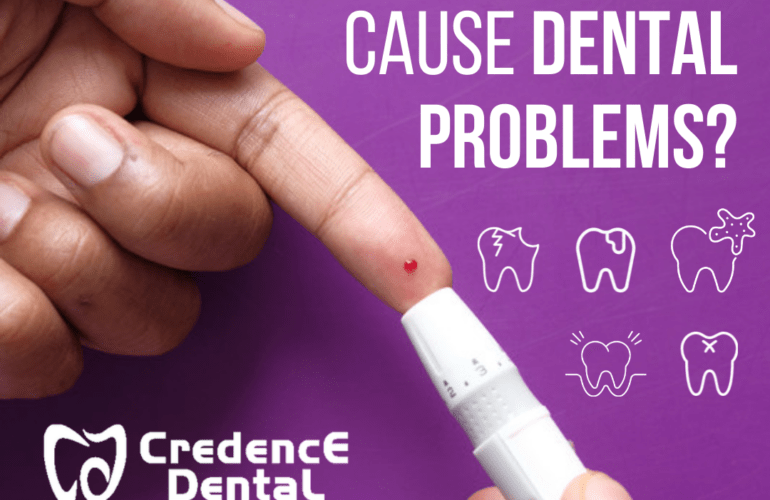As rightly said
“A baby’s motivation to put food in his mouth is curiosity and copying not hunger”
What is weaning?
Weaning is the introduction of solid foods into a baby’s diet during the first year of life. Weaning is a process wherein the child is taught to taper breast milk and is introduced to various categories of foods in a step-wise fashion. The goal of the weaning process is that by one year of age child will eat modified family food i.e. food without any spices or gravy.
It is important to note that weaning is a gradual and unique process. In the beginning, children will only be learning how to eat solid food with all their primary nutrients coming from breast milk only. Weaning is not a race and the process has to be started gradually at a child’s pace, with plenty of help and encouragement.
What are the stages of weaning?
As mentioned the food has to be introduced in a gradual, step-by-step manner which starts at 6 months of age
Stage 1: Introduction of solid food (4-6 months of age)
The child will experience their first taste of food at this time. The food is given in a pureed form with help of a spoon. This might be just one or two spoons at first and child will be still relying mainly on milk feeds for their nutrition
Stage 2: Introduction to textured food (7-9 months of age)
Here the child can be offered a wider range of food with different textures and tastes. Finger foods can be introduced at this stage. By the age of 9 months, the child will gradually eat more, and dependency on milk feeds decreases.
Stage 3: Wider variety and Family food (Around 9-12months)
By end of this stage, the baby will need very little milk feed and will be enjoying more solid foods which are eaten by all family members. They will also start to eat food on their own.
What are the signs my baby is ready for weaning?
As recommended 6 months is the age to start weaning. However, every baby is different and it can be useful if you look for these signs which might be an indication that your baby is ready to be weaned.
- Your baby can stay in a sitting position and hold their head steady.
- Your bay can coordinate their eyes, hands, and mouth so that they can look at food and pick it
- Their swallow reflex has developed wherein they don’t throw much food and can swallow.
How can I make weaning easier?
Weaning is easier if a child has developed a habit of having milk from other sources than breastfeeding. This can be done once breastfeeding is well established where you can introduce your child to drinking milk through a bottle. This can be continued where other family members can also get involved and help feed the baby.
As you start always remember every child needs their own time to wean, so be patient as a child is exploring the world of food. Here is some way by which weaning can be made easier:
- Engage your child in fun play activity when you would usually nurse
- Trying to wean the child when a child is facing teething is not a good idea
- Try and introduce a bottle or cup when you typically breastfeed a 1-year-old child. For elder children try giving a healthy snack or offer a cup or just cuddle them
- If your child picks up a comfort habit like thumb sucking don’t discourage it as the child might be getting adapted to the changes that are taking place as weaning has been started
What food should be given to a weaning baby?
The staple food is considered the best food for a baby to start weaning but along with it other food items are also necessary
Initially, the baby is just on breast milk, but as the child grows other foods are also required. These can be animal source food, green leafy vegetables, peas, beans, oils fat, and fruits. The 1-1-4 rule is best to follow. One spoonful of animal source food with one spoonful of cooked beans can be eaten with 4 spoonfuls of thick-cooked staple food. Along with this green leafy vegetables can also be added.
Does weaning affect oral health?
Yes absolutely. Weaning plays a major role in immediate and future dental health as good dietary habits from childhood safeguard and keeps teeth healthy for life. As children wean on different food with textures, they are beginning to practice crucial oral motor skills necessary for future facial development, strong jaw muscles, and good-aligned teeth.
Better chewing action stimulates jaw bone to grow stronger and as chewing efficiency improves more and more jaw muscles get stimulated helping in jaw growth.
Children who are given soft or refined food have oral health issues in the future, the growth is affected and teeth might not grow on time. Also as chewing is limited due to soft food given, jaw and jaw muscle growth can be limited, and teeth are weak and might erupt in a crowded fashion.
Call us today to setup a stress-free first visit for your child, and give them the best oral health care.
Call us or Whatsapp us at +91-9141160212 to book an appointment today! or just drop into our Dental Clinic at RR Nagar in Bangalore




